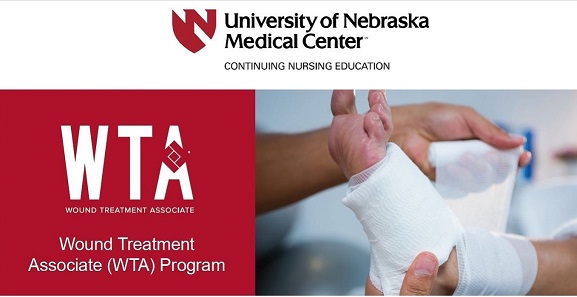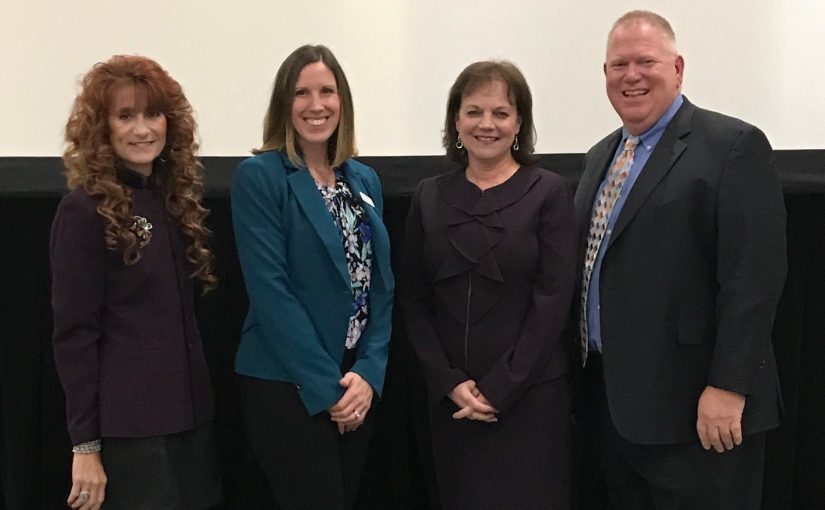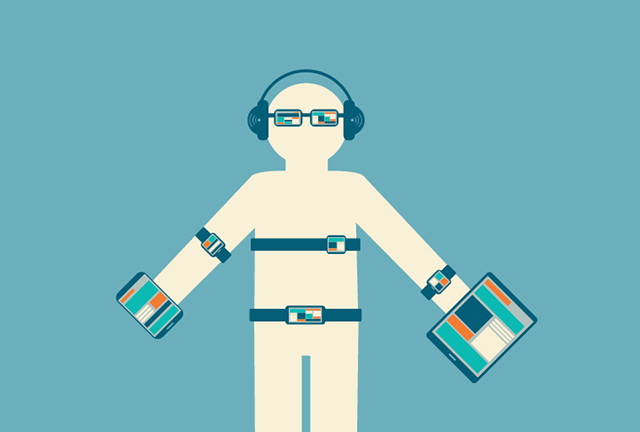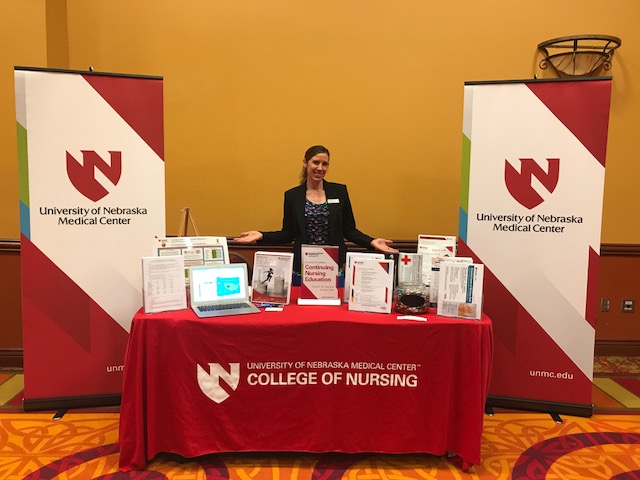Maureen McCarthy, in McKnight’s Long-Term Care News, shares some thoughts on how you can prepare for the coming changes.
Category: Uncategorized
CNE Announces New Program!
A new wound care program is now available through the University of Nebraska Medical Center. UNMC’s College of Nursing, Continuing Nursing Education department (creators of Gero Nurse Prep) is proud to host the Wound Treatment Associate (WTA) program, developed by the WOCN Society using internationally-recognized leaders and educators in wound management and prevention, and augmented by our resident CWOCN expert.
The evidence based WTA program is a 12-week self-paced online program covering 14 wound care and prevention topics. Participants will have access to our Course Coordinator; an experienced and Certified Wound Ostomy Continence Nurse (CWOCN), throughout the program and during the one day, on-site group competency testing /simulation day, which provides an invaluable hands on training experience. On program completion, participants will receive 24.0 nursing contact hours and will also be prepared to take the WTA-C certification exam (not required).
The inaugural group is scheduled to start in February 2019 and space is limited. Registration closes February 1, 2019.
Please visit the website for more details https://app1.unmc.edu/cne/19wta001/.
Wishing You All the Best This Holiday Season!
From the faculty and staff of the AHCA/NCAL Gero Nurse Prep program.
Thank You from the “My RN is Smarter” Team!
Thanks from (left to right) Anna Fisher, Heidi Keeler, Angie Szumlinski and David Kyllo to all the folks who attended their presentation, “My RN is Smarter than Your RN: Case Study Benefits of the Gero Nurse Prep Program” at last week’s AHCA/NCAL convention.
If you missed the presentation, you can find out more about Gero Nurse Prep by going to https://www.geronurseprep.com/ or requesting information from concne@unmc.edu.
Staff Competencies Session
This session provides attendees with an understanding of the key components required to construct a staff competency program as well as strategies for return demonstrations, how to evaluate the effectiveness of a program, and methods to measure staff competencies.
Join Heidi Keeler, Anna Fisher and Gail Sheridan on Wednesday October 10, 1:00 PM – 2:30 PM and learn how to:
- Construct a staff competency program
- Appraise return demonstrations from staff
- Evaluate the effectiveness of a staff competency program
- Measure staff competencies
National Assisted Living Week Starts Sunday!
What’s Next In Caring For Older People: The Age-Friendly Health System Movement
By Anna Chodos and William A. Haseltine
Our healthcare system needs to rethink how we care for older adults. Older adults have more complex needs than other populations, but they struggle to meet those needs within and across all care settings — from home to clinics to hospitals and long-term care facilities and back home again. Part of this is due to the medical and social complexity of older adults and their more frequent transitions, compared to other age groups, between healthcare settings. Despite our current ecosystem of electronic health records and quality measurement, the often frustrating reality is that much of what is important to older people is rarely captured in the data, such as quality of life, function and goals. One program alone will not fix this.
Enter the Age-Friendly Health System. Led by some of the best in aging and healthcare improvement, such as the Institute for Healthcare Improvement and the John A Hartford Foundation, the Age-Friendly Health System is changing what it means to “age in America” with regard to healthcare. The Age-Friendly Health System describes itself as a movement to recruit and support entire healthcare systems to focus on the domains most important to quality healthcare for older people. These include the “4Ms”: mobility, medications, mentation, and what matters. This means making sure older people have a mobility plan when receiving medical care or in long term care; reviewing medications regularly to minimize harm; addressing conditions that affect thinking and are common in older people such as dementia, depression and delirium; and incorporating what matter to the person, such as their values, goals and preferences, into all care plans.
For the full article and references please go to:
Wearable rehabilitation technology awarded $1.6 million grant.
APDM Wearable Technologies has been awarded a National Institute on Aging SBIR Phase II grant totaling $1.6 million to commercialize a real-time biofeedback system. With this funding, APDM will develop the industry’s first over-ground gait biofeedback rehabilitation system utilizing both visual and auditory biofeedback so patients can rehabilitate in a real-world setting, according to a recent press release.
Existing technology like instrumented treadmills have an entry price of $80,000, restrict patients to straight walking at a fixed speed, and alter biomechanics in a way that does not translate back to daily activity. Not only will this novel biofeedback system be a fraction of the cost, but patients will be able to walk in diverse, real-world settings at a self-selected pace, which is crucial for re-training gait for sustained results.
Over 300 patients with various types of gait disturbances will be recruited for a clinical trial to evaluate the effectiveness of the biofeedback system in a physical therapy clinic. Northwest Rehabilitation Associates will manage data collection throughout the clinical trial, Oregon Health & Science University’s (OHSU) Balance Disorder Lab will conduct scientific validation, and APDM will concentrate on technological development and analytics.
Read the full story in the press release.
Dr. Heidi Keeler attends the 2018 Nebraska Healthcare Quality Forum.
Dr. Heidi Keeler, lead faculty of Gero Nurse Prep and the director of Continuing Nursing Education at the UNMC College of Nursing, recently attended the 2018 Nebraska Healthcare Quality Forum where she shared a few of CNE’s educational offerings.
Please check this website, www.unmc.edu/nursing/cne, for upcoming live and free online programs
Seniors Slow to Embrace Online Access to Doctors
People over 65 were more likely than those in their 50s and early 60s to say they don’t like using the computer to communicate about their health. They were also more likely to voice discomfort with technology in general.
Read the whole article at https://consumer.healthday.com/mental-health-information-25/behavior-health-news-56/seniors-slow-to-embrace-online-access-to-doctors-734329.html






